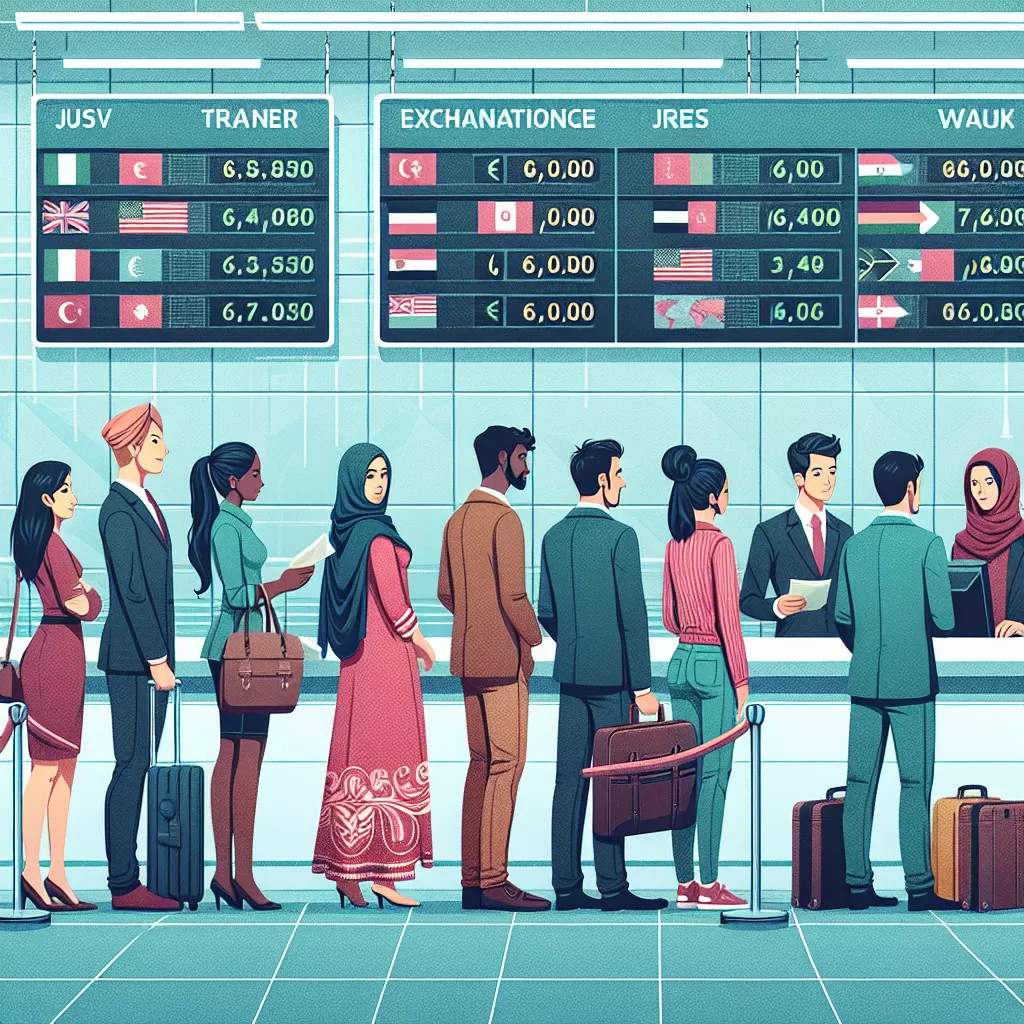From Where We Can Exchange Currency
Follow Currency Mart April 10, 2024
Where to purchase Foreign Currencies?

Introduction
The art of currency exchange is a complex and intriguing world that spans not only geographical borders but also ancient old traditions, technological advancements, and international economic trends. Whether you're travelling abroad, conducting business overseas, or transferring money to loved ones, knowing where to turn to exchange your currency is crucial. In this article, we will traverse the realm of currency exchange, cross-examining various options available for different needs and preferences.Banks
Long considered the traditional guardians of currency, banks hold a significant place in the world of currency exchange. From small local banks to large multinational corporations, these institutions offer a wide range of financial services including currency exchange. Banks offer stability and trustworthiness, backed by their storied history and worldwide presence. However, they may not always offer the best exchange rates due to their overhead costs and fees.Exchange Bureaus
Popular amongst travellers, exchange bureaus are physical establishments found in airports, shopping areas, and tourist hotspots that deal exclusively with currency exchange. Their main advantage is their availability and convenience. However, they often charge high exchange rate markups and may also include service fees.Credit Unions
As not-for-profit financial cooperatives, credit unions often offer competitive exchange rates with lower service fees. By becoming a member, you can access various services, including currency exchange, often at favourable conditions. Their local, community-oriented approach could prove beneficial for those looking for personalized service.Online Money Transfer Services
The rise of digital technology has birthed new possibilities for currency exchange, with online money transfer services emerging as a popular choice. Companies like Paypal, Revolut, and TransferWise offer platforms that allow users to send and receive money in various currencies with low-cost fees and competitive exchange rates. Their convenience, speed, and user-friendly interfaces have made them an attractive option, particularly for millennials.Forex Traders
Forex traders, or forex trading platforms, operate in the largest financial market globally. These online platforms allow users to speculate on exchange rates and make a profit off their fluctuations. While the risk involved can be high, the potential for return can also be significant. This option is best suited for those who have a thorough understanding of the forex market.Peer to Peer Exchanges
While still emerging, Peer to Peer (P2P) exchanges are growing in popularity. Platforms like CurrencyFair allow individuals to directly exchange currency with each other without an intermediary. The rates are determined by the users themselves, potentially offering more competitive rates.Automated Teller Machines (ATMs)
ATMs, present almost everywhere, can also offer currency exchange services. While the conversion rates might not be the most competitive, the convenience and ubiquity make them a viable option, especially for small amounts.Conclusion
The realm of currency exchange is broad and complex, with different options each carrying their pros and cons. Whether you choose traditional methods like banks, modern platforms like online services, or emerging technologies like P2P exchanges largely depends on your specific needs and circumstances. However, understanding these different options and how they connect to the global dance of currencies can empower you to make an informed decision, ensuring you get the best value for your money. In this ever-evolving market, the mantra remains that knowledge is indeed power.
Where to purchase Foreign Currencies?